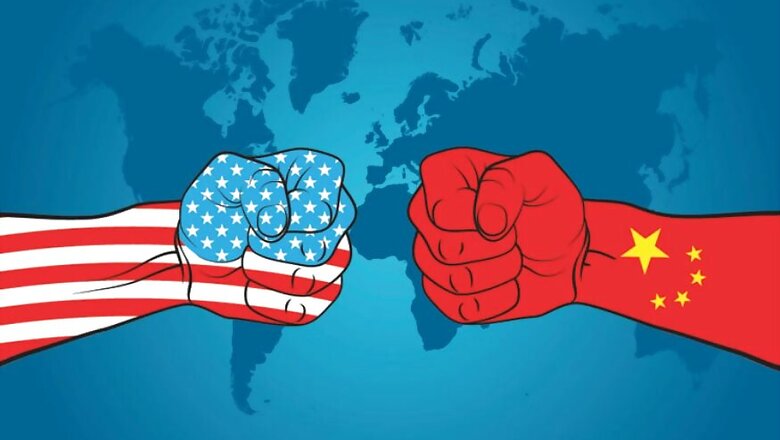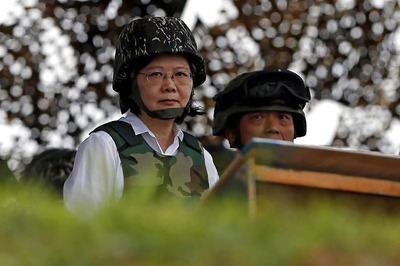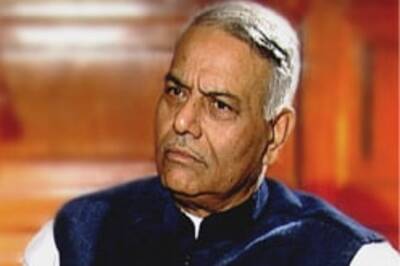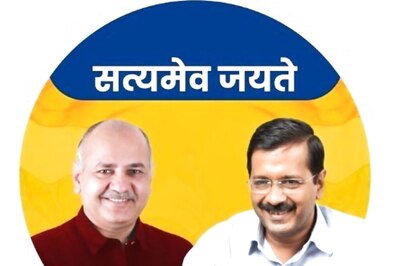
views
Washington: Observing that the issue of trade deficit between America and China is more complicated than generally believed, the Chinese envoy in the US has said that too much trade imbalance between the world's two largest economics should not continue.
Right now, trade issues (between US and China) are very prominent. I think the real situation is much more complicated. You have to look at the whole production chain, the value chain (and) the international division of labour, Chinese Ambassador to the US, Cui Tiankai said.
But still too much imbalance in trade: huge deficit for you and a huge surplus for us, I don't think that this should continue. I don't think that this will continue, because for us such a balance is already a problem, rather than a benefit, Cui said in his address to the 'Forty Years of US-China Relations' seminar hosted by the Centre for Strategic and International Studies (CSIS), a top American think-tank.
Cui said things are changing for China. For instance, we are losing edge in labour cost. Labour costs rising over fast in China. So, some of the labour-intensive manufacturing are moving out of China to Vietnam to Bangladesh or other countries. So gradually it seems we are changing, but we have to make more efforts to achieve kind of a balance for their trade relations between the two countries, he said.
That is why the US and China are having high-level talks on trade related issues. Our working teams are even talking to each other right now trying to find a solution. I'm quite confident that if we could have a balanced approach to each other's concerns, we'll be able to find a solution. Maybe we cannot solve all the problems right now but to address the short-term problem and also look at the long term structural problem we will be able to do that, the Chinese envoy said.
He said China supports fair competition, but then referred to the perception about this among Chinese and Americans. Personally, I always believe, whether we have a level playing field it depends on where you stand. For instance, may be many of our American friends even in the business believe that Chinese companies have got too much help from the government. So, it's not fair for them, he said.
But from the perspective of Chinese companies, they might believe this competition between them and their American counterparts is not quite fair from the very beginning because you are big transnational, you have the production distribution network globally and you have all the expertise; you have a long history behind you, he said.
And also maybe the most simple thing that you have is the US dollar, the international reserve currency.the problem is that you could print it, we have to produce something to earn it, he told the audience among laughter.
So what you need is a good printer and we have to make real good products, he added. I am not saying that this is a right or wrong but this is a perspective from many Chinese companies, he noted.
Responding to a question on Made in China 2025, Cui said I think maybe all the major economies, have the goal or aspiration that someday I will take the lead in these high-tech manufacturing, we will become one of the strongest economies in the world. I think this is only natural and even legitimate for the major economies to have such aspirations. So this is an open plan, it's open to Chinese companies to American companies operating in China. It's open to everyone, Cui said.
It does not mean that China wants to make all these goods by the year 2025 at the exclusion of US companies. This is not possible actually. You can never dominate all the high-tech sectors just by one country. Maybe you could have some dominance for a while but, if we do have a fair competition others will catch up and that will make everybody more competitive, he said.
Besides there's still restriction and prohibition on high tech product sale to China. So you don't lead us to buy things from you and you don't lead us to make them ourselves. So, what is the way out? he asked, adding that in areas like artificial intelligence and cloud computing China is trying to catch up with the west.




















Comments
0 comment